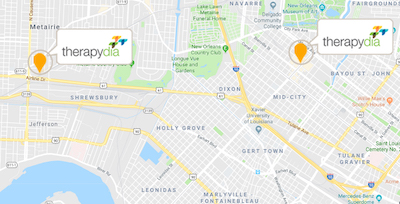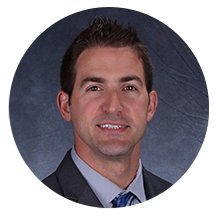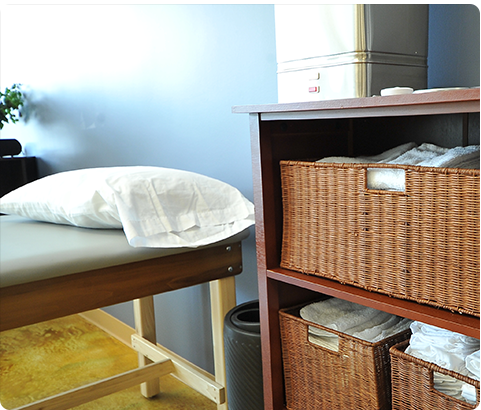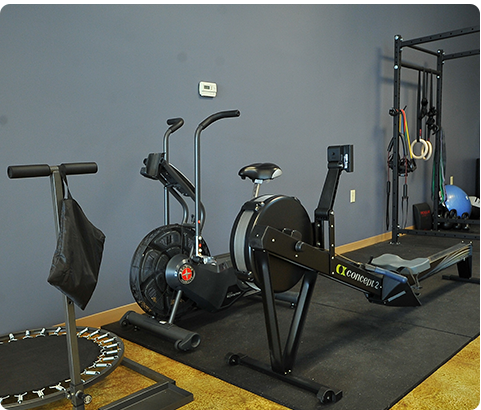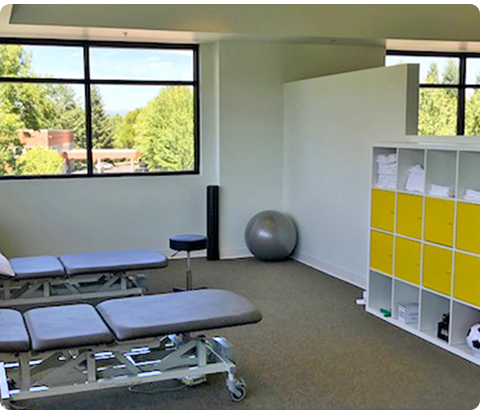Rotator Cuff Physical Therapy
Rotator Cuff Physical Therapy
One-On-One, Hands-On Treatments. Recover Faster.
Watch Jonathan Burke, DPT of Therapydia NOLA Explain Rotator Cuff Symptoms and Treatments
A Modern Take On Rotator Cuff Injuries
The shoulder is considered to be one of the most intricate joint systems in the entire human body and is the rotator cuff is made up of a group of 4 muscles that keep the shoulder joint stable. The rotator cuff plays a vital role in proper shoulder function and its primary roll is is to center the shoulder joint and allow for proper joint motion.
Identifying the reasons for shoulder pain can be multifactorial. The American Physical Therapy Association outlines three separate classifications that a shoulder problem can be categorized as. Shoulder pain and mobility deficits/adhesive capsulitis (frozen shoulder), shoulder stability and movement coordination impairments/dislocation of the shoulder joint, and shoulder pain and muscle power deficits/rotator cuff syndrome. Any of these conditions can impact the rotator cuff.
 Signs & Symptoms
Signs & Symptoms
-
Rotator cuff injuries can be caused by repetitive arm movements, heavy lifting or a fall. Rotator cuff tears are either full-thickness or partial-thickness and they develop as a result of trauma (i.e. fall) or long-term overuse of the shoulder. After a rotator cuff tear, it will make activities of daily living such as raising your arm or reaching overhead painful.
- Pain around the shoulder and arm
- Shoulder muscle weakness
- Limited shoulder range of motion
You may feel the following:
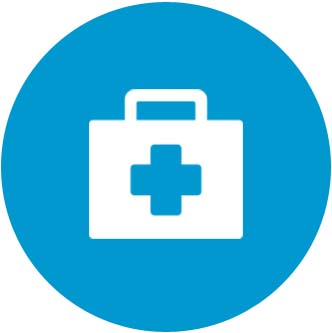 Why Physical Therapy
Why Physical Therapy
-
Physical therapists can assess movement patterns to determine the cause of your shoulder pain and if indeed a tear has occurred and what level of severity. For full-thickness tears, surgery may be required. We will help you safely regain full use of your shoulder and arm and design a custom postsurgical treatment program to meet your personal goals.
- Joint mobilization, manual therapy therapy, and myofascial release are common techniques to increase shoulder range of motion and stability
- Custom shoulder and arm exercises to strengthen in rotator cuff and muscles in the surrounding area. Strong shoulder blade and trunk muscles will provide support and stability for your shoulder
- Proper shoulder movement education to teach special techniques to improve shoulder motion and reduce reinjury. Post-operative patients have a high chance of reinjury within the first weeks after surgery. Proper bathing, dressing and sling position will reduce chances of injury.
For rotator cuff injuries and tears, physical therapy treatment may include the following:
About Therapydia NOLA
Better Physical Therapy Experience
At Therapydia NOLA, our physical therapists offer one-on-one, hands-on treatment. You’ll spend your entire with one of our expert therapists – we won’t hand you off to a PT assistant or aide. With our manual therapy techniques and custom exercise programs, we’ll help you strengthen your hip musculature and correct your mechanics to get rid of your knee pain or to help you recover from knee surgery. We’ll help you understand what’s causing your pain, what you can do to relieve your pain and ways to prevent reoccurring injuries.
Best of all, you’re covered. Therapydia works with and provides billing for most insurance groups and Medicare. We also accept cash payments.
- Lifetime Wellness
- Hands-On-Care
- Quality Treatment
Schedule Your Appointment
Start your physical therapy treatment with Therapydia
Appointment Request
